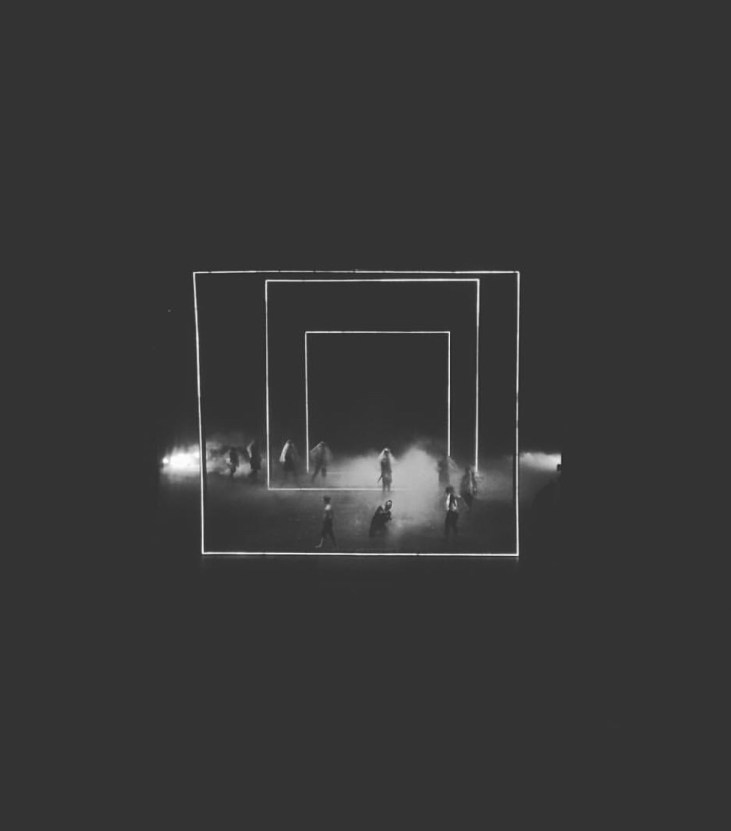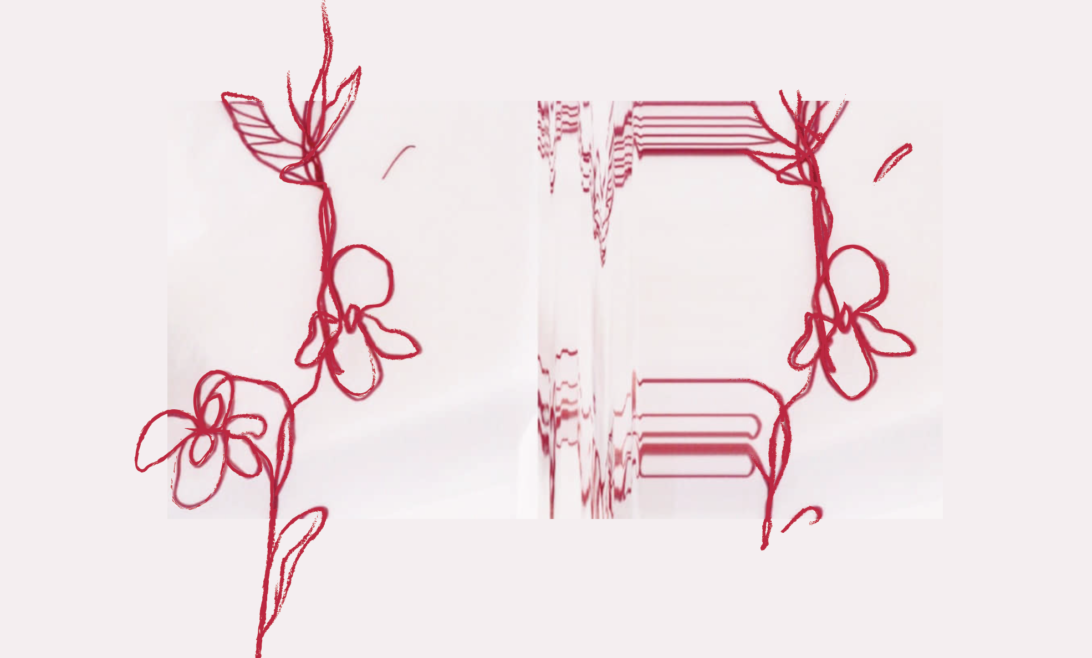 The tragedy of Macbeth by William Shakespeare / Teatro Colón de Bogotá – 2016
The tragedy of Macbeth by William Shakespeare / Teatro Colón de Bogotá – 2016
“Theatre is always a self-destructive art and it is always written on the wind”
Some time ago I was in a set design class as a guest, they gave us a script and at the end of the reading, the professor asked about the place. Most of the scenes happened inside a multipurpose classroom at a community college. I thought about the space and started going through the script, imaging the objects in my head trying to be clever and making them functional for theatre. But then, one of the students started to talk about the context of the space, about the town! I was confused, nowhere in the script they mentioned the town at all. This student was trying to go beyond the script and visit this small planet. He was walking through the neighbourhood, getting familiar with the culture, the language and the weather. He understood something back then that I didn’t. That a play is a world, not just a window.
I’m sure Peter Brook was good at visiting small places, more than anything he was probably prepared for unexpected visits. When he mentions the concept of Theatrical thinking or Design in motion, meaning “expect changes”, that felt like someone from my world, also it felt like late advice for a young set designer.
I’ve learned that spaces, objects and costumes tell stories, they can fill any stage with symbols and be as powerful as any aria. As a designer, Elinor’s Fuchs words are inspiring not only because it comes from a familiar context but because It expresses something that could live outside the performative arts field.
Both Fuchs and Brook showed a point that is critical while creating. That’s how the audience has a lot of weight on the performance. Not only in the sense of its true access to the play (monetary) but if it can connect to the play. Let’s take Brook’s example of his Shakespeare play in a European country where the English language was a barrier but the context of the play was present in the history of the country and how it worked beautifully. I had the opportunity once to be part of a dual-concept event: Macbeth, Shakespeare’s play and Verdi’s 10th opera. A project that wanted that connection with the audience. Being a tragedy crossed by the wounds of power struggles, we tried to reflect on our national reality. A mirror of Colombia’s 50 years of conflict. One night, during the opera, the chorus walked through the audience toward the stage singing Patria Oppressa. The feeling that overtook the theatre was overwhelming, people cried, and sorrow could be felt. To connect with your audience at this level was a gift, we weren’t expecting it.
